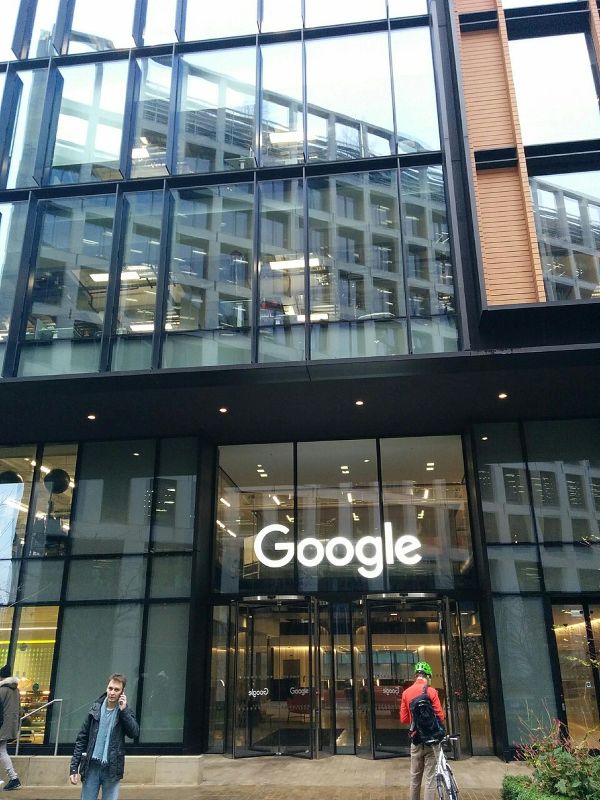Google has proposed significant changes to its business practices in response to a European Union antitrust case centred on its ad-tech operations. However, these changes do not involve breaking up the company. The compliance plan that Google submitted to the European Commission, which is the chief antitrust regulator for the 27-nation bloc, includes “immediate product changes” aimed at ending specific practices, as stated by the company in a blog post.
“Our proposal fully addresses the EC’s decision without a disruptive break-up that would harm the thousands of European publishers and advertisers who use Google tools to grow their business,” the company said Friday.
Google has announced that it will appeal the European Commission’s decision to impose a €2.95 billion fine for violating competition rules by favouring its own digital advertising services. The Commission accused Google of abusing its market dominance by prioritising its own online display advertising technology to the detriment of competitors, online advertisers, and publishers.
As part of the penalty, Google is required to propose measures to eliminate what the Commission termed “self-preferencing practices” and to resolve “conflicts of interest.” The Commission has indicated that if it is not satisfied with Google’s proposed solutions, it may require the company to divest parts of its business.
In response to these concerns, Google has introduced changes such as offering publishers more pricing options on its ad management platform. Additionally, to address conflicts of interest, the company is modifying its advertising tools to provide publishers and advertisers with greater choice and flexibility.
“We will now analyse Google’s proposed measures to assess whether they effectively bring the self-preferencing practices to an end and address the situation of inherent conflicts of interest,” the Commission said in a statement.
This article used information from The Associated Press.

